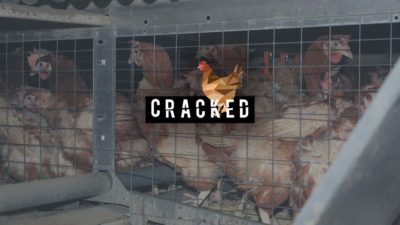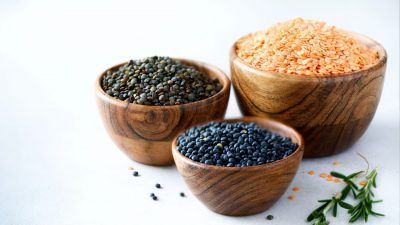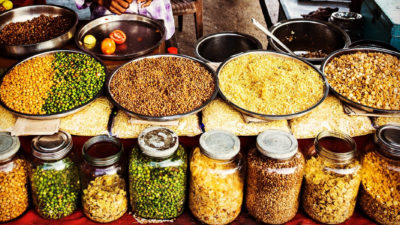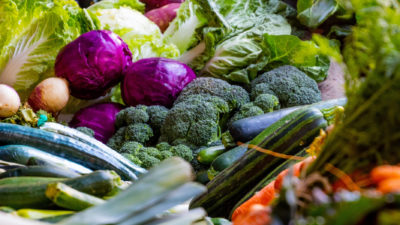Peas

The pea plant is native to Europe and Near East but has spread widely across Asia and Africa and people eventually started cultivating it all over the world. It’s relatively easy to grow in colder climates, which makes it a popular crop in the Northern Hemisphere.
In case you’re wondering – green and garden peas are the same thing, while petit pois are just very small peas, harvested before maturity which makes them sweeter and softer.
Peas offer a great nutrient bundle
Peas are very nutritious, which is what greatly boosted their popularity and put them at the centre of many diets. One cup (160 grams) provides over eight grams of protein, a mere 0.4 grams of fat, but an excellent dose of complex carbohydrates giving you energy and helping your digestive system stay healthy.
A cup of peas also contains small amounts of important minerals, such as calcium, magnesium and zinc, and a larger amount of iron, covering around one fifth of your daily needs. And there’s more – it’s an amazing source of B vitamins (except B12), vitamin A, vitamin C and vitamin K!
So peas provide healthy energy, protein for body maintenance and many nutrients essential for your immune system, bone health, healthy vision and skin, muscle function, nerve signal transmission, blood clotting and oxygen transport by blood!
Peas also contain antioxidant and anti-inflammatory nutrients that help to protect your health. They have been linked to a lower risk of stomach cancer, type 2 diabetes and heart disease.
How to make the most of your peas
It’s best to choose frozen peas and cook them only briefly to preserve their nutritional value. When you’re making pea soup, the same rule applies – if you’re using ingredients that take longer to cook, add the peas later.
Tinned and mushy peas still contain all the protein, healthy carbohydrates and minerals but their vitamin C is very low. This vitamin is destroyed by heat, so all tinned fruit and vegetables usually lose much of their vitamin C content.
Fun fact: Mangetout are just young peas, harvested when the pods are small and tender. They are also called snow or sugar peas. You can eat the whole pods raw or lightly cooked. They contain slightly less protein than ‘normal’ peas but more vitamins and minerals, so they are a great addition to your meals!







